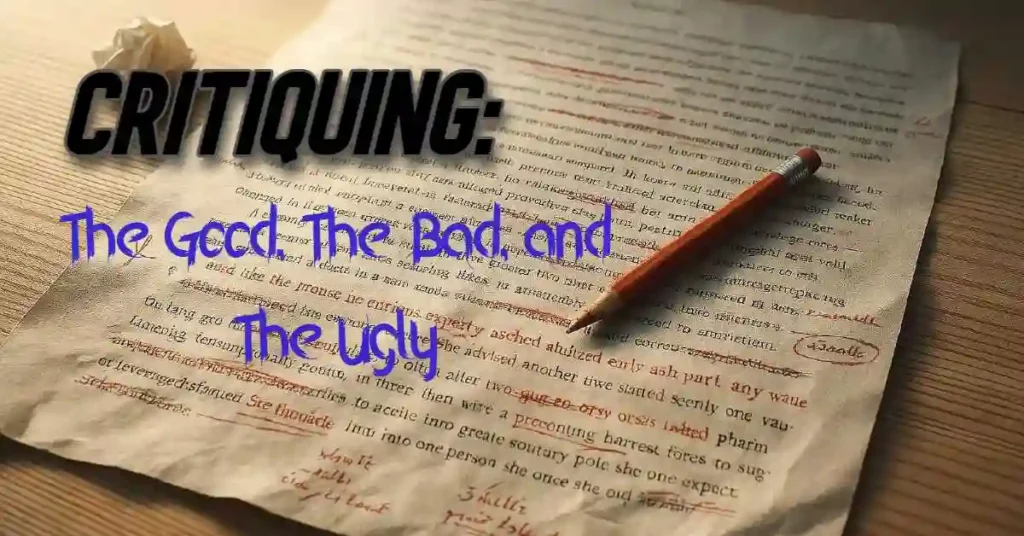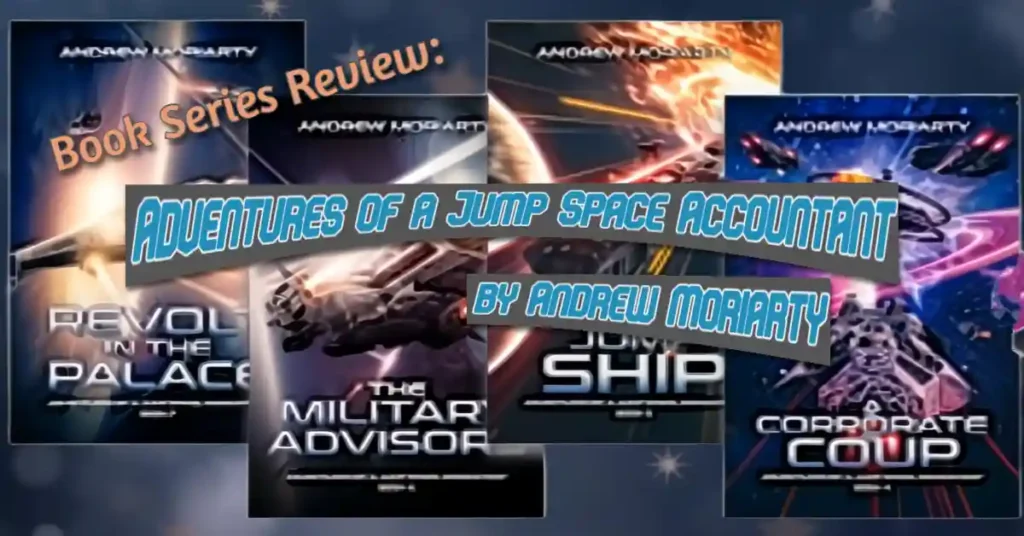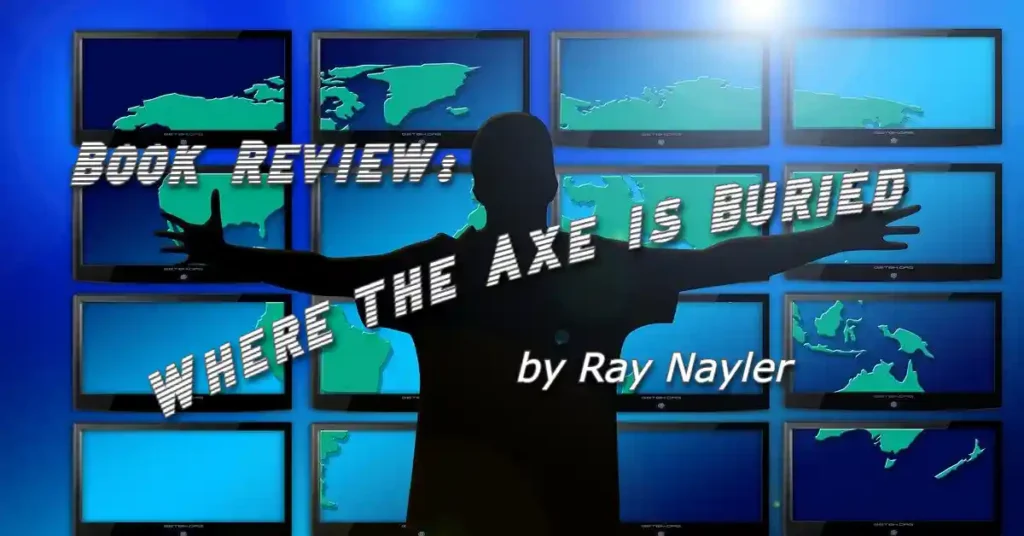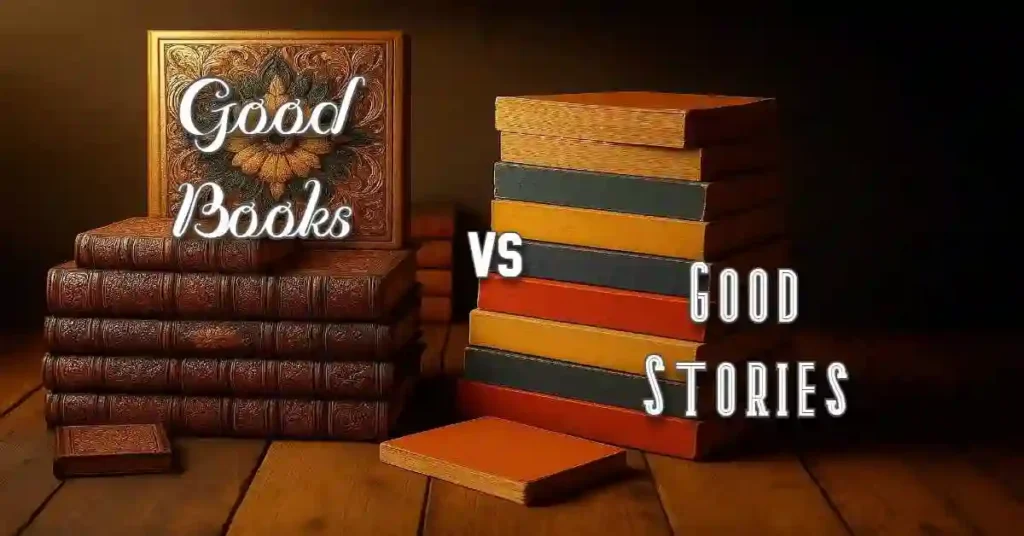
About Speculative Fiction Writers Association
We are an online group of speculative fiction authors writing science fiction, fantasy, horror, time travel, climate fiction/solar-punk, slipstream, steampunk, weird west, fairy tales, alternate history, dystopian/utopian, cyberpunk, etc. for MG, YA, and adults.
Critique

We meet Tuesdays at 6pm MT/8pm ET on Zoom to discuss current writing topics and critique each other’s work. We are always open to new members of all ability levels.
Community

We have a private Discord server where we discuss current events, publishing opportunities, author conferences, marketing, and publishing issues.
Join Us

Please sit in and audit a session. Meet members and see how our group works. Contact us to schedule a Tuesday that works for you.
Recent Blog Posts

SpecFicWriters is primarily a critiquing group. It’s a skill like any other and must be learned. Developed. Practiced. We become better writers when we critique our fellow writers’ work and when they critique ours. It’s a great trade. At least, that’s the theory. Let’s look at The Good, The Bad,

Wait! Did you say a Jump Space… Accountant? What is this? Something like, “Have actuarial table, will travel?” Well, not exactly. If you are into hard science fiction with a twist, check out this delightful series by Andrew Moriarty. Follow the adventures of Jake Stewart as he deftly slings data,

How many writers use pen names, and why? Our Speculative Fiction Writers Association member directory shows about FORTY members who do, or about thirty-four percent! Member Examples One of our members (“Q2”) doesn’t want the readers of their fiction stories to stumble across the videos that Q2 produces in their



